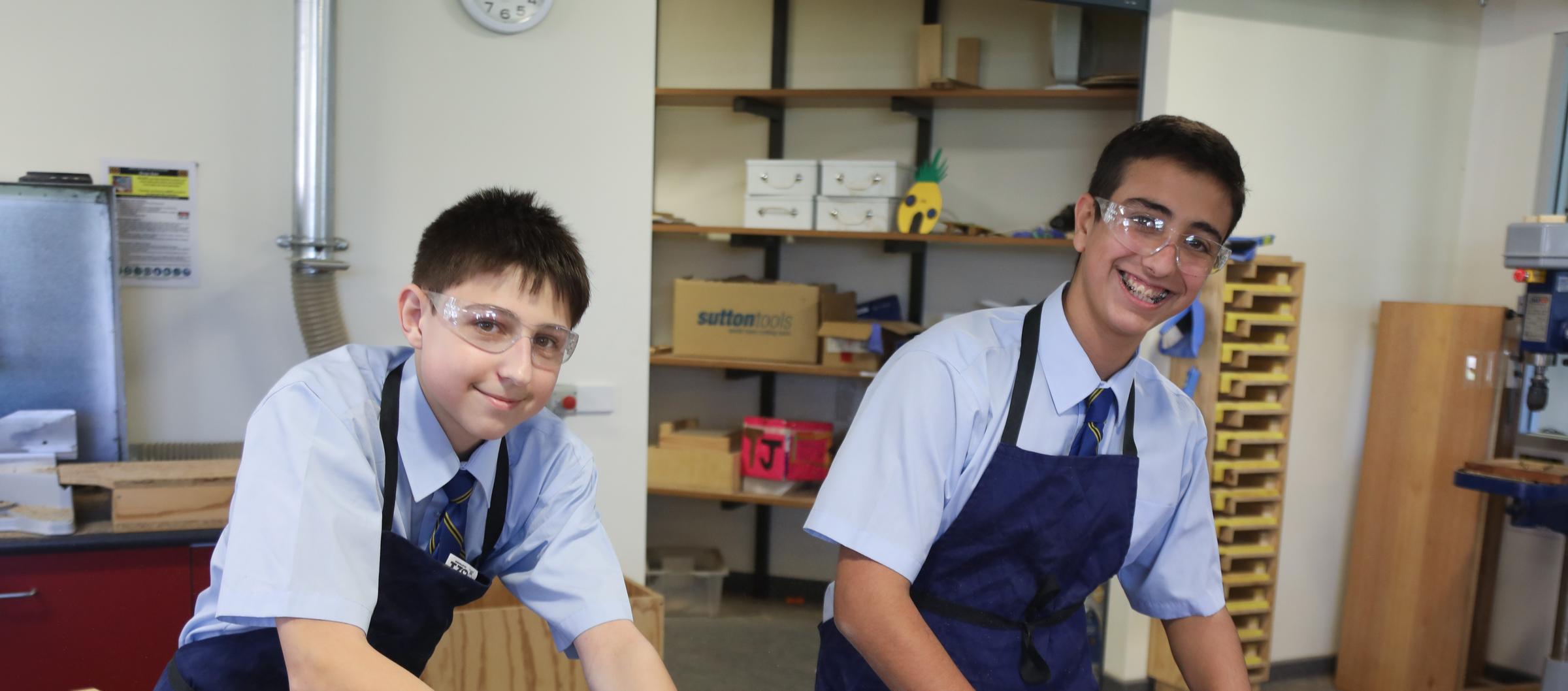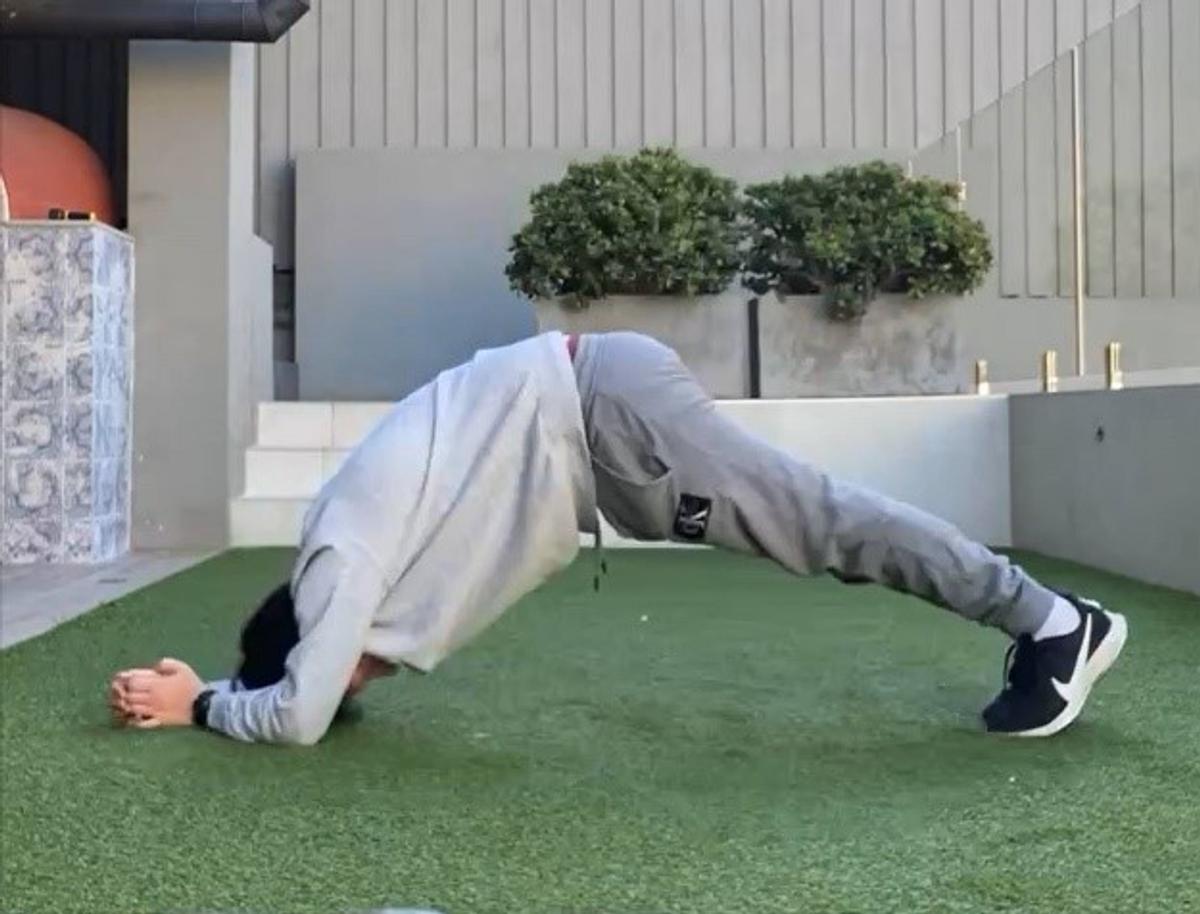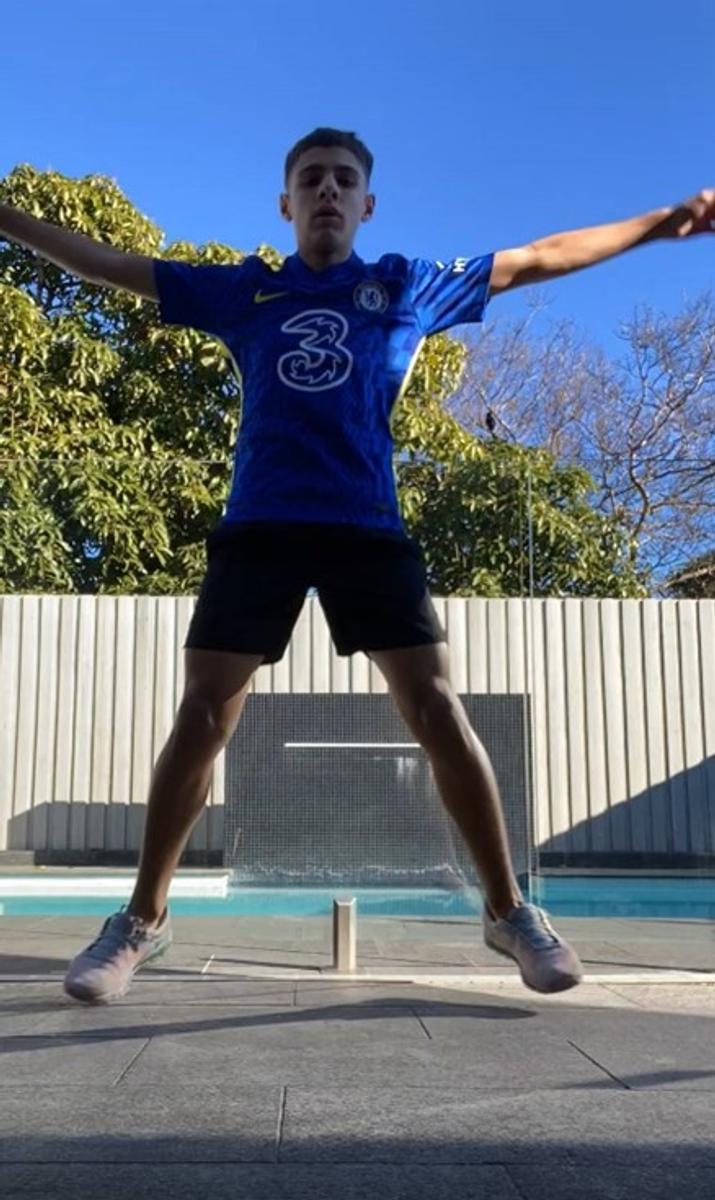Curriculum

Remote Redux
Many thanks to students, parents and carers for your support and patience as we transitioned again to Remote Learning at the start of Term 3. The processes and procedures we developed in 2020, such as use of Canvas and the web-conferencing software of Teams, have allowed us to keep a focus on learning and stay connected in these challenging times.
Lessons learned through feedback and surveys last year enabled us to have improved processes in place for a return to learning remotely, if or when the need for it would arise. Students in secondary asked for greater consistency when navigating between classes and teachers to ensure they always knew where to go and what to do. As a result, we’ve instituted a schoolwide expectation that all lesson materials be available in Canvas on a teacher’s Page, with date, lesson focus, and essential links. Initial Pulse Survey results last week were extremely positive from staff and students alike and provide scope and direction for continued improvement. Students expressed the need for balance and appreciated teachers' efforts to stay connected. While the Junior School students have the consistency of a single teacher, they too are enjoying Teams, the opportunity to connect with peers and having live access to their teachers for support.
The popularity of Teams for conducting live lessons has been enhanced for 2021 by improvements to the platform. Features such as break-out rooms for small group work, and the whiteboard app, allow teachers to replicate some of the familiar aspects of the face-to-face classroom. Break-out rooms have proven especially powerful as places for collaboration, discussion, connection, and support. As one Year 7 student commented, “It makes me feel less alone when I’m alone.” Reactions such as “hands up”, “thumbs up”, and “clapping hands” allow students to interact with peers and their teacher, and the chat function and integration of polls enable teachers to keep their finger on the pulse of student learning.
After two weeks, teachers and students have settled into the routines and mastered the basics of remote learning. In the weeks to come, uncertainty around how long and what this means for assessment, school events and more will continue to challenge students and teachers alike; teachers need to find ways to keep students engaged and the boys need to maintain motivation.
As we move forward, we are committed to maintaining a focus on quality learning, exploring ways to connect, collaborate, engage, and share our learning. Teachers are incredibly dedicated to providing great learning experiences for their students and have asked to learn more from their colleagues about what works. Many work well into the night, and across weekends, to respond to students, follow-up, prepare and learn new skills themselves. In the weeks ahead, we need to support our teachers and students to share best practice and maintain balance.
As we learn more about how long restrictions will be in place, what these restrictions will look like and any advice from NESA on assessment, we will act on this advice internally and communicate clearly with the community. This week and in the weeks ahead, we will place specific focus on various faculties and what is happening in the learning space for them, whether still in remote, or when we happily return to face-to-face learning. Best wishes and prayers for your health and safety in these difficult times.
Denise Lombardo
Director of Learning and Innovation
Religious Education: A Pursuit of Wholeness
Schools are where the infinite value of the human being and the inherent value of knowledge come together. For most of us, these are values that our migrant ancestors brought with them one, two, even nine generations ago. They were brought by a people who knew the worth of humanity and education because they knew what it was like to not be afforded either. Nevertheless, they were a people who knew the value of both and their importance for survival. They were a people who, stretching back to the earliest of human experiences, were intimately aware of the infinite tango of reciprocity that humanity and knowledge have danced over thousands of years; the worth of the human experience, and the wealth of that knowledge shared is what they had in common with the indigenous groups that were already here, what all our ancestors collectively called wisdom.
When Pope Francis addressed the Scholas Occurrentes Pontifical Foundation in 2017 (via a video feed that would not be out of place in the current remote learning environment), he noted that “Education is not about knowing things or taking lessons but about being able to use three lingos: those of the head, the heart, and the hands”. Without diminishing the power of the Holy Father’s words by explaining them all away, I think it is quite telling that His Holiness uses the word ‘lingos’ or ‘languages’ to describe what education provides. To Pope Francis, education is the endowment of an individual with the means of communicating through their thinking, their feeling, and their doing. It is where the value of knowledge and the value of the human become one. He goes on to say that "[you learn] so that you can think about what you feel and do, can feel what you think and do, and can do what you feel and think”. He describes the freedom this provides as tantamount to “unity within a person”, education then, makes us whole, and obliges us to use this knowledge and wholeness to make the world a better place.
In a world that values the material and decides what is valuable based on algorithms and trends and hits and likes, sometimes education can be reduced to the material as well. Instead of seeing learning as an ongoing experience of wholeness, like Pope Francis suggests, it can be easy to see what happens in classes as a means to an end; a means to a grade, to a class level, to an ATAR, to a university, to a place on the honours list - the list goes on. It can keep our eyes on what is ahead of us instead of the humanness in the here and now. It is fascinating then, that with the move to remote learning, we have seen a slowing down of time and with it, a returning to the present moment. In the face of tremendous challenges for staff, students, and parents alike, some of the most powerful stories to come out of our transition have come from teachers and students finding, appreciating, and experiencing humanity in each other. From prayers about being grateful for each other’s wellbeing to online class liturgies that ask for God’s help for those who are suffering and alone; from teachers ensuring all students have someone to talk to in breakout rooms on Teams, to students helping teachers through technology malfunctions; from the one on one check-ins just to see how everything is going, to the overwhelming sense of gratitude that floods in when 27 students call out ‘thank you Miss/Sir’ from the otherwise infinite void of internet silence.
With every online Teams meeting, we are inviting each other into our homes and in doing so, we are all a little more ourselves, a little more connected and a little less alone. We become a community that is built on more than geography and creed, but on a shared humanity that knows and values the other human being behind the screen. Despite the upturn of normal classroom practice and routines, when all is said and done, our priority has become each other.
James Crino
Religious Education Faculty Leader (Stage 4 – 6)
PDHPE – Let’s Stay Active
During these uncertain and often sedentary times, it is important to not neglect physical health and that it needs to remain a main focus for everyone while in a remote learning setting.
The PDHPE team have set aside classes each fortnight to make sure this important dimension is catered for. Students in Years 7 to 10 have been completing HIIT circuits at home to keep fit and healthy. While they complete the sessions, they are also asked to record themselves using a timelapse function on their computer or phone so we can see how they are getting through these workouts. We have been impressed with the videos and images that have been sent through, particularly enjoying the times that the family dogs get involved (or interrupt).
If the lockdown is extended, I urge family members to get involved in these sessions if both work and time permits. We must remember to take care of our physical health, as it is pivotal in ensuring our mental and emotional wellbeing stays strong.
Alexander Fox
PDHPE Faculty Leader | First XV Coach
Sydney Writers’ Festival 2021
On Tuesday 4 May, select Year 10 and 11 English classes spent a day at the Sydney Writers’ Festival held at the Parramatta Riverside Theatre. The Sydney Writers’ Festival is one of the world’s leading and most beloved literary institutions. This festival hosted students across many Sydney schools to celebrate literature. Various Australian authors shared their personal experiences and insight with the young audience. A commonality amongst the authors was the development of their characters and plot inspired by their own childhood. This was then followed by a Q&A session sharing the exhaustive process to successfully publish their books.
The most interactive author of the day, Michael Pryor, Australian science fiction and fantasy author, brought great energy and wit to the stage. He also offered some helpful tips into creative writing and discussed the story structure used by Pixar in childhood favourites, like Toy Story and Finding Nemo. The simplicity of the Pixar story structure can easily be incorporated into many of the students personal creative writing.
By the end of the day, many of us were eager to pick up a book or begin writing our own short stories!
Many thanks must go to Mr Leslie, the English Coordinator as well as Mr Donohoe and Ms Santiago for organising this enriching literary experience.
Dominic La Greca
Year 10 Student


